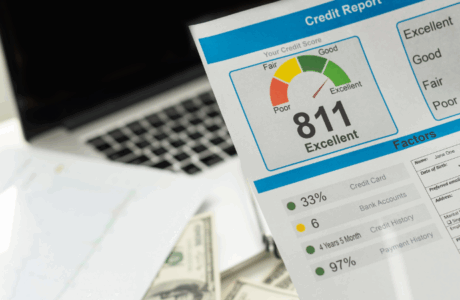About 80% of U.S. mortgage holders have an escrow account. However, these accounts are one of the least understood aspects of home financing. Let’s look at what an escrow account does and why it’s so important.
Escrow Account Basics
When you take out a mortgage, your lender usually opens an escrow account to pay homeowners insurance and property taxes. A portion of your monthly mortgage payment goes into this account over the duration of the loan. When your taxes and insurance premiums are due, the lender pays them on your behalf with the money in the escrow account.
The escrow account does not pay homeowners association fees and may not cover supplemental tax bills.
Don’t confuse this long-term escrow account with the separate escrow account you may use during the home-buying process. That initial short-term escrow account is used to hold a deposit, also called earnest money.
Calculating Escrow Account Amounts
Taxes and insurance can fluctuate; usually, they go up, but they can go down. So how does a lender determine the monthly escrow amount? Each year, lenders make estimates, typically based on the previous year’s expenses. You get these details in an annual escrow analysis statement.
If the amount owed in taxes and insurance is under the estimate, you get a refund. If the amount exceeds the estimate, you pay the difference, either with a one-time payment or added to monthly payments over the year.
Do I have to have an escrow account?
By law, only government-backed USDA, VA, and FHA loans require escrow accounts.
However, most lenders include an escrow account as a condition for loan approval. When lenders forgo the need for an escrow account, it’s usually when the borrower puts down more than 20% of the home’s value.
What are the risks of not having an escrow account?
Without the account, a borrower must save the money and pay the taxes and insurance independently.
Late tax payments could put your home at risk. In Texas, the foreclosure process can start if taxes are 60 days delinquent. If the court rules against the homeowner, authorities can sell the home at auction to pay the tax bill. It’s a big reason most borrowers like to leave the responsibility of on-time tax payments to lenders.
Have more questions about escrow? Contact a member of the Decker Group at (972) 591-3097 or connect with us online.








































Comments are closed.